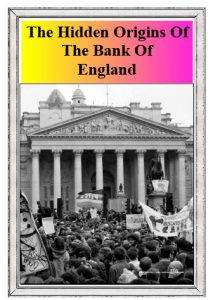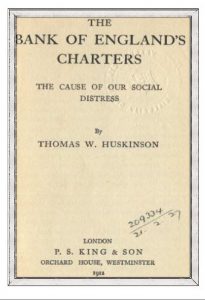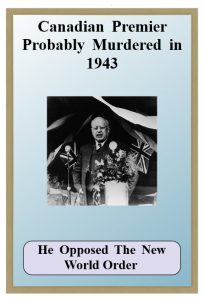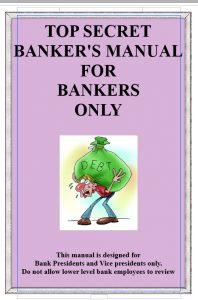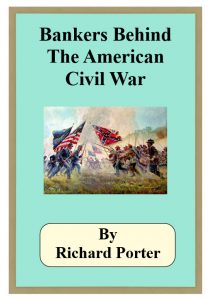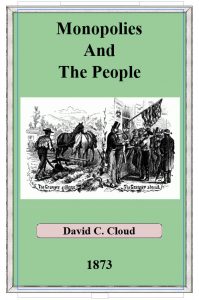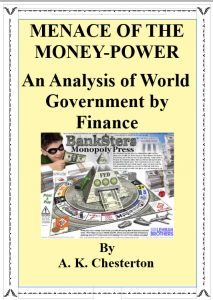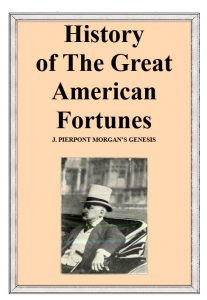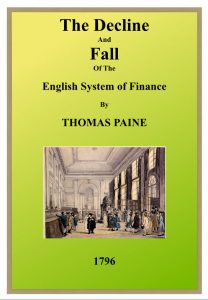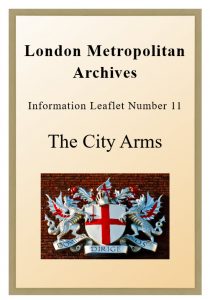AS THE FINANCIAL CRISIS WORSENS IN AMERICA and across the globe, people want to know: “When did it all start”? In fact, the privately owned Federal Reserve Bank in the United States is a spin off of the Bank of England, established in the 1694. And, as the earl of Anglesey presciently observed in 1658: “It is dangerous to the peace of the kingdom when it shall be in the power of half a dozen or half a score of rich, discontented or factious persons to make [an accumulation] of our own coin and bullion beyond the seas and leave us in want of money when it shall not be in the king’s power to prevent it.”
From A.D. 757 to his death in 791, the great King Offa (above) ruled the kingdom of Mercia,[1] one of the seven autonomous kingdoms of the Anglo-Saxon heptarchy.
Offa was a wise and able administrator and a kindhearted leader, though he could be hard on his enemies. He established the first monetary system in England (as distinguished from Romano-Keltic Britain). On account of the scarcity of gold, he used silver for coinage and as a store of wealth. The standard unit of exchange was a pound of silver, divided into 240 pennies. The pennies were stamped with a star (Old English stearra), from which the word “sterling” is derived. In 787 Offa introduced a statute prohibiting usury: charging of interest on money lent.
